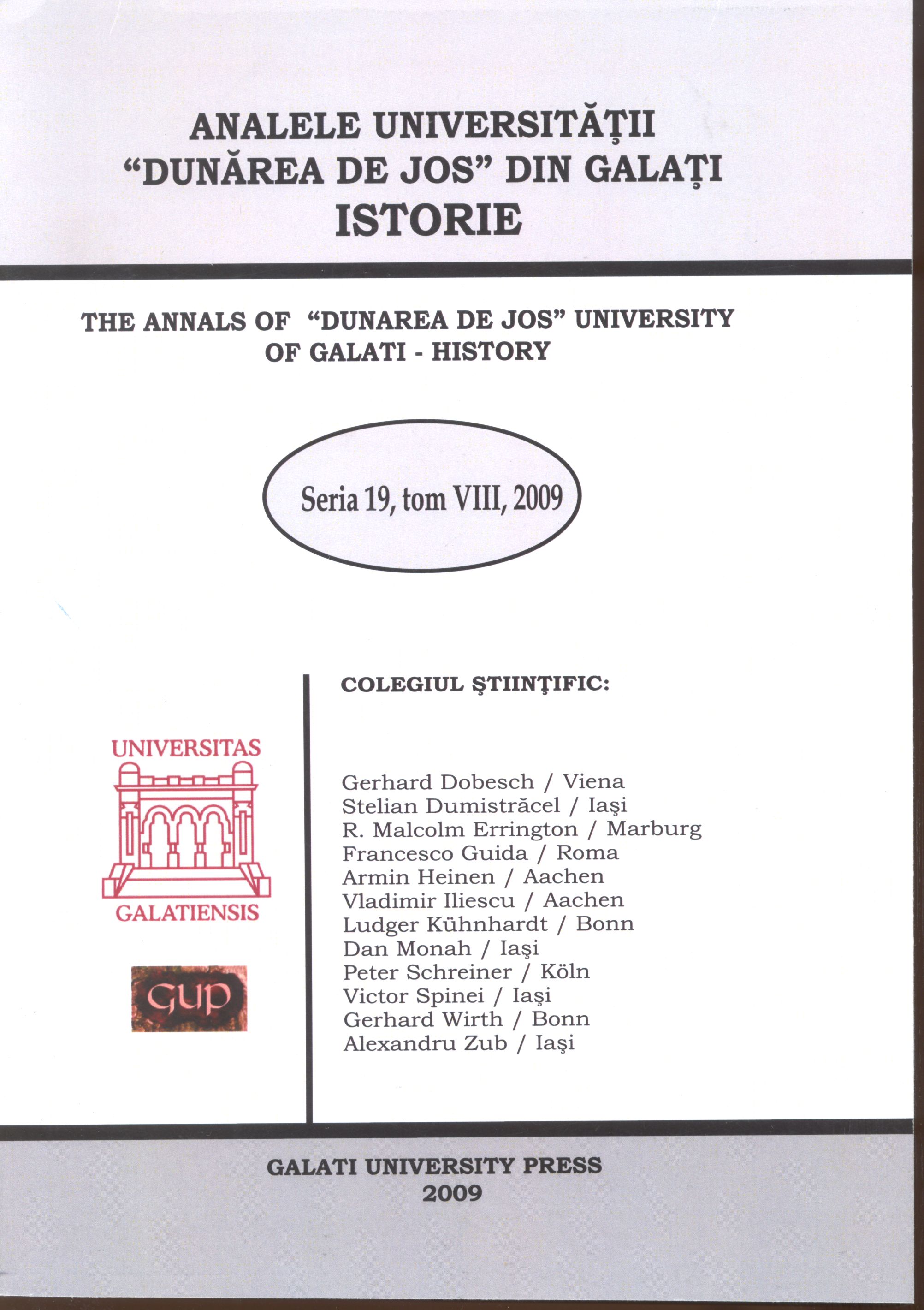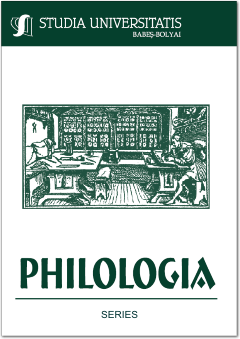Metodologia cercetării istoriografice privind evreii din România în anii celui de-al doilea război mondial
Author(s): Florin Stan / Language(s): Romanian
/ Issue: 08/2009
Keywords: historiography; Jews in Romania; “Jewish problem”; historians; Holocaust
The condition of the Jews in Romania during the last world war has become a centre for historiographic debate especially during the last post ’89 decade, when the opening of the approach of a direct research circumscribed to the unveiling of the “Jewish problem” was obvious, despite the continuation in following certain directions of subjective interpretation of the Antonescu regime by some of the contributions. The lack of fluency and unity in the historiographic discourse regarding the approached theme was also due to the non-utilization of the sources which are indispensable to any historian: documents of archive. If the contemporary history of any society is being studied with greater difficulty than any other period of the past, people being relatively close to the events and having a propensity toward partiality in judgments, this fact is more easily verifiable when the subject is the otherness. Therefore, the classical principle of the study of history, sine ira et studio, is being inevitably tested in the case of contemporary period. However, history is only one. Starting from this premise we don’t have to agree with dichotomies of the kind: “Jewish historians / non-Jewish historians” or “true, active historians / false historians”. Beyond a given polemic within the domain, fertile for the research, this thing can be sometimes translated by dividing the community of historians into rival factions, which in some cases are difficult to be reconciled. The responsibility of the historian remains sovereign and increases once his disposition exceeds the interpretation of diplomatic confrontations or specific circumstances to the history of international relations, aiming to approach what the war really meant, an inferno for countless innocent people, children, women, elders, who were remote in relationship with the politics of the time. Since crimes are unjustifiable regardless the circumstances, any approach that attempts to sustain the contrary, either within the broader context of generalized sufferance caused by the political-military confrontations, or subsequent to a simplistic interpretation of the cause-effect kind is depriving the historical writing of its equidistant contributions.The manicheist language which leaves no room for nuances can’t ever represent a historiography which aims at an objective approach, a scientific one, of events and facts of the past, in the benefit of all the ones who are willing to recuperate memory in the virtue of consolidating a future unshadowed by the horrors of a revolute time.
More...


